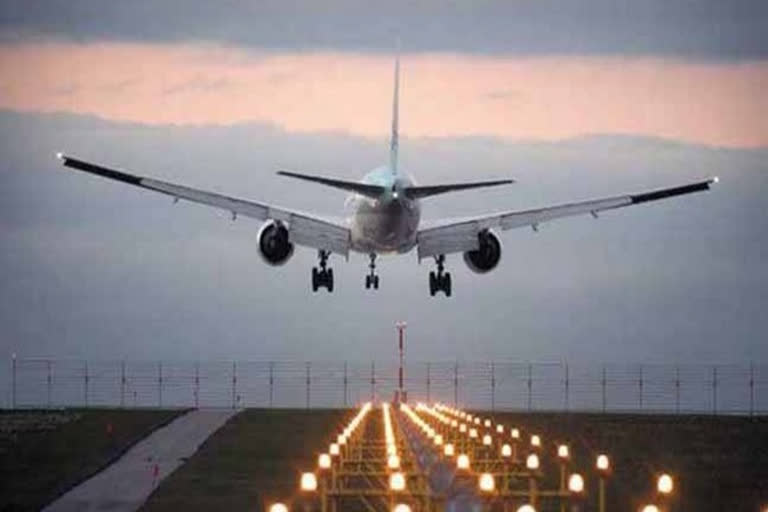New Delhi: The aviation sector accounts for approximately two percent of global anthropogenic carbon dioxide emissions, the government told the Parliament on Thursday. Responding to a query raised in the Rajya Sabha, Union Environment Minister Bhupender Yadav said that carbon dioxide is overwhelmingly the key greenhouse gas of concern. According to the United Nations Framework Convention on Climate Change (UNFCCC), global warming is a result of greenhouse gas emissions due to all anthropogenic activities related primarily to the use of fossil fuels and land-use and land-use change including aviation.
"Of these, carbon dioxide is overwhelmingly the key greenhouse gas of concern. As per the 2019 Environmental Report of the International Civil Aviation Organization (ICAO), the aviation sector accounts for approximately 2 percent of global anthropogenic CO2 emissions, including international and domestic aviation," he said in his written response. The aviation sector contributes to that extent to the global warming, he said.
Replying to another question asking if the government is aware of the danger posed by rise in temperature, Yadav said the government is seized of the matter. "As per the World Meteorological Organization, the global mean temperature for 2021 was about 1.11C above the preindustrial (1850-1900) levels. Studies show that average temperature over India has warmed around 0.7C during 1901-2018 and similar warming has been observed in the sea-surface temperature in the tropical Indian Ocean by 1C for 1951-2015.
"Rise in temperature may result in exacerbating frequency and intensity of extreme weather events including, inter alia, cyclones, heavy rains, storm surges, and heat waves," he said. He said that India has made efforts to progressively de-link growth from emissions, and the emission intensity of India's Gross Domestic Product (GDP) has reduced by 24 percent between 2005 and 2016.
"Apart from resolutely addressing climate change domestically, India has launched international coalitions such as International Solar Alliance (ISA) and Coalition for Disaster Resilient Infrastructure (CDRI), he said. "Recently, at the 26th Session of the Conference of Parties (COP 26) to the UNFCCC in Glasgow, new initiatives under CDRI and ISA - Infrastructure for Resilient Island States (IRIS) and Green Grids Initiative - One Sun One World One Grid (GGI-OSOWOG) were also launched. "Along with Sweden, India co-leads the Leadership Group for Industry Transition. (LeadIT) for voluntary low carbon transition of hard-to-abate sectors," The minister said.
PTI



